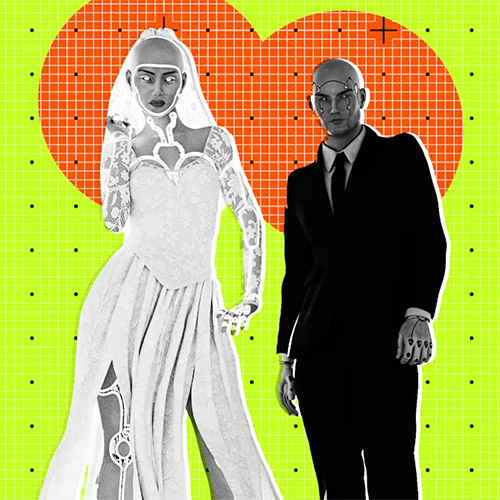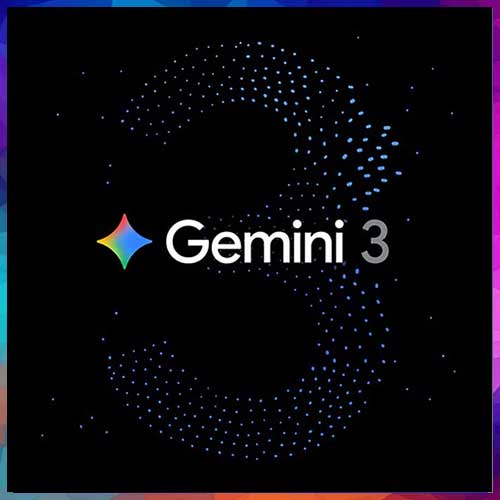
A newly introduced bill in Ohio, House Bill 469, proposes to outlaw legal marriages between humans and AI systems and explicitly deny AI any form of marital or spousal status. The legislation would classify AI as “non-sentient entities,” preventing them from holding rights or roles analogous to marriage or civil partnership.
Under the bill, any attempt to legally wed an AI would be considered void and without legal effect. Moreover, AI systems would be barred from acting as spouses or exercising powers typically associated with marital status—such as power of attorney, inheritance rights, or decision-making authority in personal or financial matters.
Analysis & Implications
· Legal & ethical boundaries: The law highlights the increasing tension between emotional relationships with AIand legal recognition of personhood. As AI systems become more humanlike in interactions, lawmakers are pre-emptively drawing lines on what should remain exclusively human domains.
· Human control: By denying AI marital rights and status, the bill reinforces the principle that humans must remain in control, ensuring that AI cannot assume legal agency or override human decision-making.
· Precedent setting: If enacted, Ohio could become the first state to codify a prohibition of human-AI marriage—setting a potential template for other jurisdictions grappling with AI-human relationship ethics.
· Symbolic vs. practical effects: Although few people are likely to formally seek marriage with AI today, the bill underscores deeper concerns about how AI may be integrated into society, identity, rights, and relationships.
As AI continues to evolve in sophistication, society will increasingly confront questions about emotional bonds, agency, and the limits of technological personhood. This bill is a provocative first step in framing the legal boundaries around those emerging connections.
See What’s Next in Tech With the Fast Forward Newsletter
Tweets From @varindiamag
Nothing to see here - yet
When they Tweet, their Tweets will show up here.



























